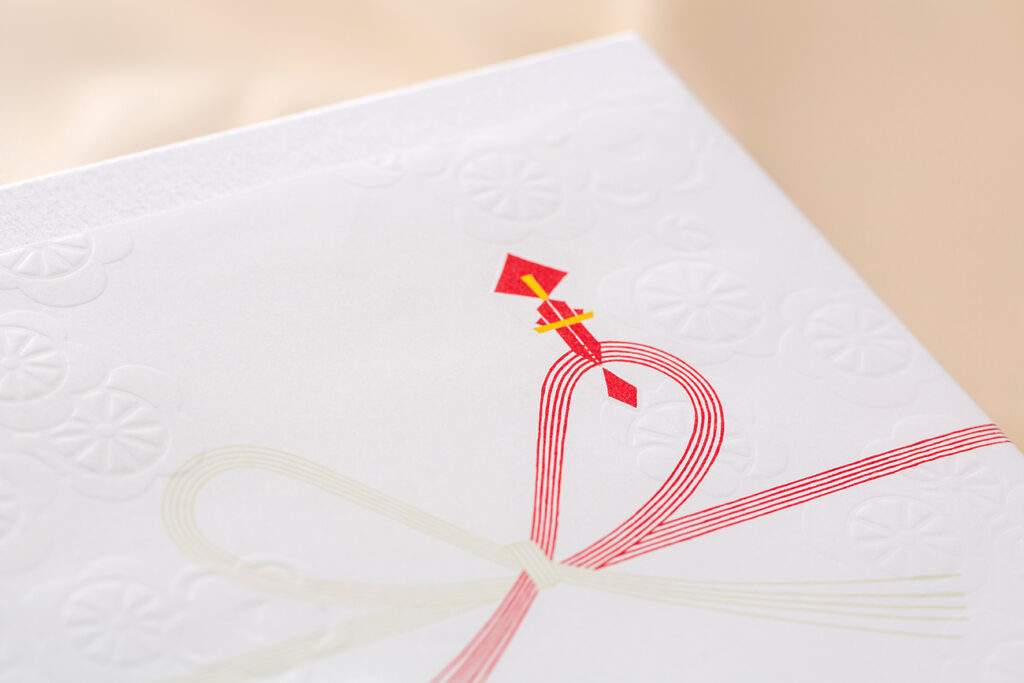
The Japanese Culture of Gift Giving
In Japanese culture, it’s customary to present a gift when visiting someone’s home or staying with a host family. Understanding the Japanese gift giving culture is essential for positive interactions with locals.
The most common type of gift is called omiyage, which reflects the giver’s recent travels or hometown. For instance, if you’ve just returned from China, a thoughtful gift representing that destination is highly appreciated.
Popular omiyage items include chocolates, candies, wine, rice crackers, fruits, and alcoholic beverages.
Similarly, when traveling within Japan, consider meibutsu—local specialties unique to specific regions. Each city or town often boasts its own prized meibutsu. If you’ve spent time in Japan, someone might inquire about your hometown’s meibutsu. So, collect a meibutsu or two during your travels to share with your host family or friends.
Gift-giving etiquette
There are two main gift-giving seasons: ochugen (summer) and oseibo (winter). During these times, Japanese people exchange gifts with friends and those who have offered assistance. Gifts need not be extravagant; in fact, overly expensive presents can cause discomfort. The value lies in the act of giving and the connection it fosters.
When presenting gifts:
- Place the gift inside a shopping bag to conceal it until the moment of giving. Ensure the gift is neatly wrapped.
- Present the gift in the living room area.
- When offering the gift, say “Tsumaranai mono desu ga,” meaning “This is a small token, but…” to express modesty and gratitude. In corporate settings, use “Honno o shirushi de gozai masu ga,” which conveys appreciation without diminishing the value.
- Avoid gifts associated with the numbers 4 and 9, which symbolize death. Offer items in pairs for luck; numbers like 3, 5, and 7 are also considered auspicious.
- Expect the recipient to decline the gift initially—it’s customary to refuse twice before accepting.
On Valentine’s Day, it’s customary for women to give chocolates to men, whether as a gesture of admiration or obligation (giri choko).
Remember these tips when visiting Japanese households and consider adopting elements of this custom in your life back home. A small, thoughtful gift can convey deep consideration and goodwill across cultures.

